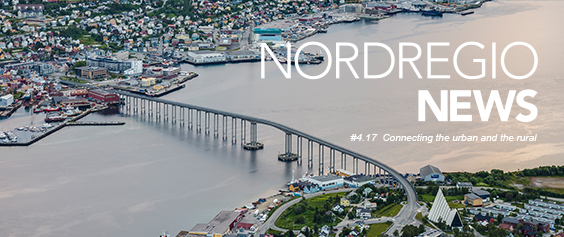Urbanization is one of the most prevalent global trends today. By 2050, 66 per cent of the world’s population is expected to live in urban areas. Meanwhile, in many parts of the world, populations continue their rapid growth. The scale of the trend is exemplified in the two most populous countries on the planet. By 2050, India is expected to add 404 million additional urban dwellers and China 292 million.
The challenges that come with rapid urbanization are immense. Housing, transport infrastructure, freshwater supply, waste management and energy are just some of the services that cities need to provide for their new inhabitants. In India alone, it is estimated that a whole Chicago worth of infrastructure and services must be built every year until 2050 if Indian cities are to successfully supply the basic needs of their citizens.
At their best, cities can be efficient machines that produce contented populations through economic growth and better jobs while remaining socially and environmentally sustainable. The high density of population in cities can bring efficiency gains and technological innovations while reducing per capita resource and energy consumption. Thus, the urbanization megatrend represents a clear opportunity to achieve sustainable long-term development. That is also why the significance of cities has been specifically identified in the UN’s 2030 Agenda for Sustainable Development and a separate sustainable development goal has been set for achieving sustainable cities and communities.
In June 2017, the Nordic prime ministers launched a new initiative, called Nordic Solutions to Global Challenges, to help in achieving the UN Sustainable Development Goals 2030. Nordic Sustainable Cities is one of six flagship projects under this initiative and focuses specifically on Sustainable Development Goal no. 11, the achievement of sustainable cities and communities.
The challenges that Nordic cities have faced, and are still facing, are not unique to the region, but are found all over the world. We have proposed solutions that could help others grasp the opportunity for sustainable development that comes with urbanization. The practices that Nordic cities are together using to pursue sustainable urban futures are workable, and Nordic cities, academic institutions and companies have the expertise that the world needs. That is why the Nordic Sustainable Cities project is focused on joint efforts to export the best Nordic solutions for sustainable cities that our region has to offer.
Article continues below


